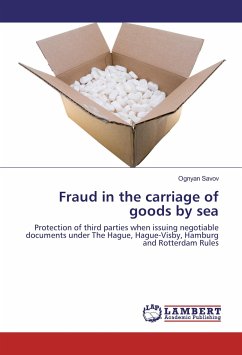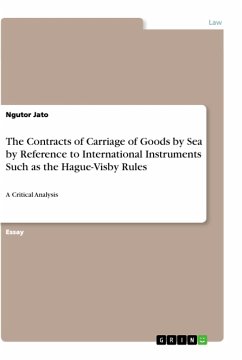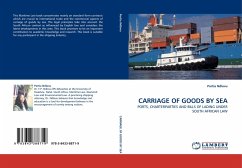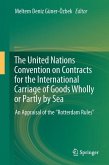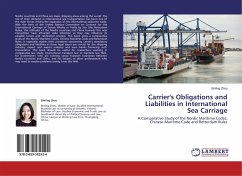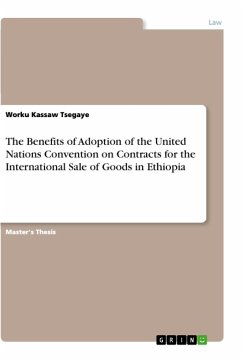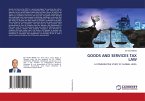In the carriage of goods by sea there are often three parties involved - the carrier, the shipper and the consignee. In most of the cases the shipper concludes the contract of carriage with the carrier on behalf of the receiver who at the moment of its signing may be unknown to any of the parties. While at sea and in charge of the carrier, the cargo, unbeknown to the carrier, may be resold unlimited number of times first by the shipper and after that by any successive consignee. As the sale is in fact constructive delivery of a document known as a Bill of Lading, neither of the consignees sees what it pays for. That is she may be defrauded quite easily if anyone in the chain decides to enrich itself at the expense of the others. This paper examines the 20th century international legal regimes governing Bills of Lading, how they coexist and counteract with each other regarding sham activities. The review is from both an academic and practical point of view. A subsequent examination of the newly introduced 2009 Rotterdam Rules ensues paying special attention to how they would or would not improve the situation concerning the safety of the participants in the carriage of goods by sea.

